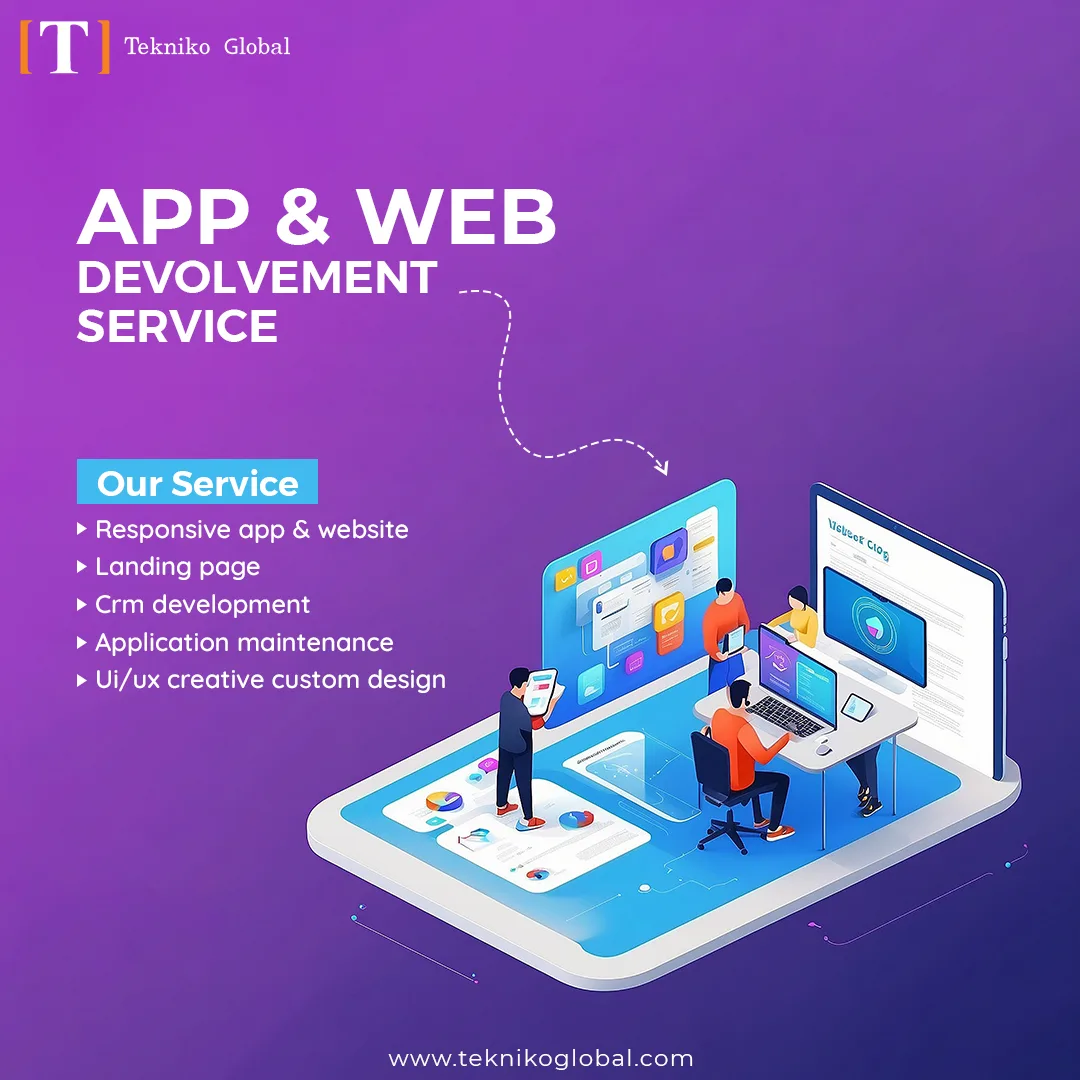Cross-Platform Development: Building Apps for Multiple Platforms Simultaneously
Mobile app development: In today’s digital age, where smartphones and tablets have become an integral part of our lives, the demand for mobile applications is soaring higher than ever before. Businesses, both large and small, are recognizing the importance of having a mobile presence to reach out to their target audience effectively. However, catering to the diverse user base across different platforms can be quite challenging for developers. This is where cross-platform development comes into play, offering a solution to build apps for multiple platforms simultaneously.
Businesses often turn to trusted partners like a Mobile App Development Company in Noida
When it comes to developing mobile applications, businesses often turn to trusted partners like a Mobile App Development Company in Noida. These companies specialize in creating customized solutions that cater to the unique needs and preferences of their clients. By leveraging the expertise of such firms, businesses can ensure that their mobile apps are not only visually appealing but also function seamlessly across various platforms, including iOS, Android, and Windows.
Cross-platform development involves creating mobile applications that can run on multiple operating systems using a single codebase. This approach offers several advantages, including cost-effectiveness, faster time to market, and easier maintenance. Instead of developing separate versions of the app for each platform, developers can write code once and deploy it across different devices and operating systems. This not only reduces development time and costs but also ensures consistency in user experience across all platforms.
Key technologies driving cross-platform development
One of the key technologies driving cross-platform development is the use of frameworks like React Native, Xamarin, and Flutter. These frameworks allow developers to build native-like mobile applications using familiar programming languages such as JavaScript, C#, and Dart, respectively. By utilizing these frameworks, developers can leverage their existing skills and knowledge to create high-quality mobile apps for multiple platforms without having to learn new languages or technologies.
React Native, for example, is widely used for building cross-platform mobile apps, thanks to its flexibility and performance. Developed by Facebook, React Native allows developers to write code once and deploy it across both iOS and Android platforms, resulting in significant time and cost savings. Similarly, Xamarin, now a part of Microsoft, enables developers to build native apps for iOS, Android, and Windows using C# and the .NET framework.
Another emerging player in the cross-platform development space is Flutter, Google’s open-source UI toolkit for building natively compiled applications for mobile, web, and desktop from a single codebase. Flutter offers a rich set of pre-built widgets and tools that streamline the development process and enable developers to create beautiful, fast, and fluid user interfaces across all platforms.
Addition to frameworks
In addition to frameworks, cross-platform development tools such as Visual Studio App Center, Codemagic, and Firebase provide developers with a comprehensive set of features for building, testing, and deploying mobile apps across multiple platforms. These tools offer seamless integration with popular development frameworks and provide real-time insights into app performance, user engagement, and crash reporting, enabling developers to deliver high-quality mobile apps that meet the needs of their users.
Despite its numerous benefits, cross-platform development also has its challenges. Ensuring compatibility with different device form factors, screen sizes, and hardware configurations can be complex, requiring careful planning and testing. Moreover, maintaining parity between the user experience of a cross-platform app and its native counterparts can be challenging, as each platform has its own set of design guidelines and conventions.
However, with the right expertise and tools, these challenges can be overcome, allowing businesses to harness the power of cross-platform development to reach a wider audience and drive engagement. By partnering with a reputable Mobile App Development Company in Delhi, businesses can leverage the latest technologies and best practices to build high-quality mobile apps that deliver value to their users across all platforms.
Conclusion of Mobile app development
cross-platform development offers a compelling solution for businesses looking to build mobile apps for multiple platforms simultaneously. By leveraging frameworks, tools, and expertise, developers can create high-quality mobile apps that run seamlessly across iOS, Android, and other platforms, while reducing development time and costs. With the help of trusted partners like a Mobile App Development Company, businesses can unlock the full potential of cross-platform development and stay ahead in today’s competitive mobile landscape.


